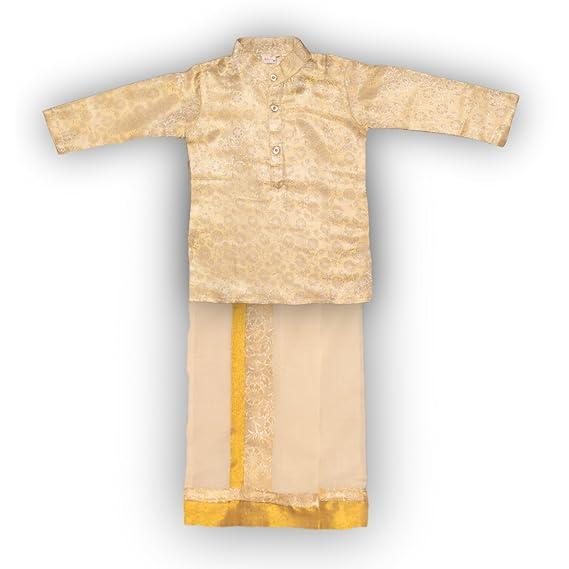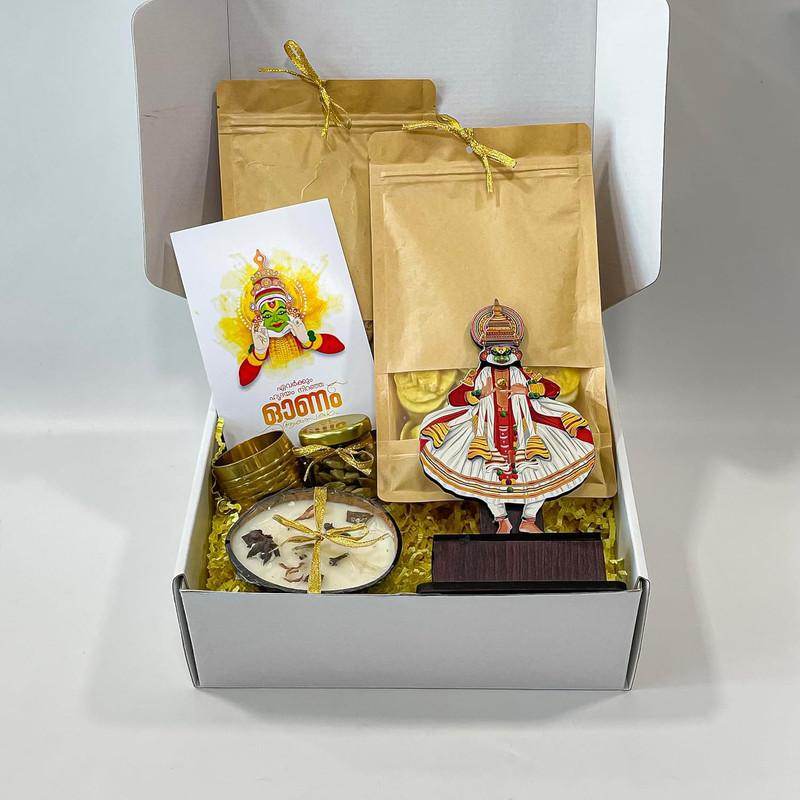Onam is the soul of Kerala, a vibrant harvest festival that transcends religion and caste, celebrated with unparalleled joy and unity. It's a festival that paints the entire state in hues of gold and green, celebrating the annual homecoming of the beloved, mythical King Mahabali. The legend speaks of a golden era in Kerala under the reign of the benevolent demon king Mahabali. His rule was so just and prosperous that the gods themselves grew envious of his popularity.
To test his righteousness, Lord Vishnu descended to Earth in his Vamana (dwarf) avatar and asked Mahabali for three paces of land. The generous king agreed. The dwarf then grew to a cosmic size, covering the earth and the heavens in two steps. With no space left for the third step, the noble Mahabali offered his own head. Impressed by his devotion, Vishnu granted him a boon: he could return to his kingdom and visit his beloved subjects once every year. This annual royal visit is what Kerala celebrates as Onam.
The celebration unfolds over ten days, beginning on the Atham day, when the first layer of the beautiful 'Pookalam' (floral carpet) is laid. Each day, a new layer of flowers is added, growing in size and complexity, until the grand finale on the tenth day, Thiru Onam. This ten-day festival of feasting, flowers, boat races, and cultural pageantry is a heartfelt tribute to a king who sacrificed everything for his people.
In This Article
How to Celebrate Onam
Pookalam (Floral Carpet)
Intricate and colorful carpets made of fresh flowers are laid at the entrance of homes to welcome King Mahabali.
Onasadya (The Grand Feast)
The highlight of Onam is the 'Onasadya', a grand vegetarian feast served on a banana leaf, featuring a wide variety of dishes.
Vallam Kali (Snake Boat Race)
Spectacular snake boat races are held on the rivers of Kerala, adding to the festive fervor.
Get Ready for the Celebration


The Onasadya Spread
Onappattu (Onam Songs)
Songs of a Golden Era
"Maveli naadu vaanidum kaalam, manusharellarum onnupole..."
This famous Onam song translates to "When Maveli (Mahabali) ruled the land, all people were equal." It describes the golden, utopian era of King Mahabali, a time of prosperity, justice, and happiness. These songs are an essential part of the cultural celebrations, sung during various activities like the creating of the Pookalam and the Onasadya.





